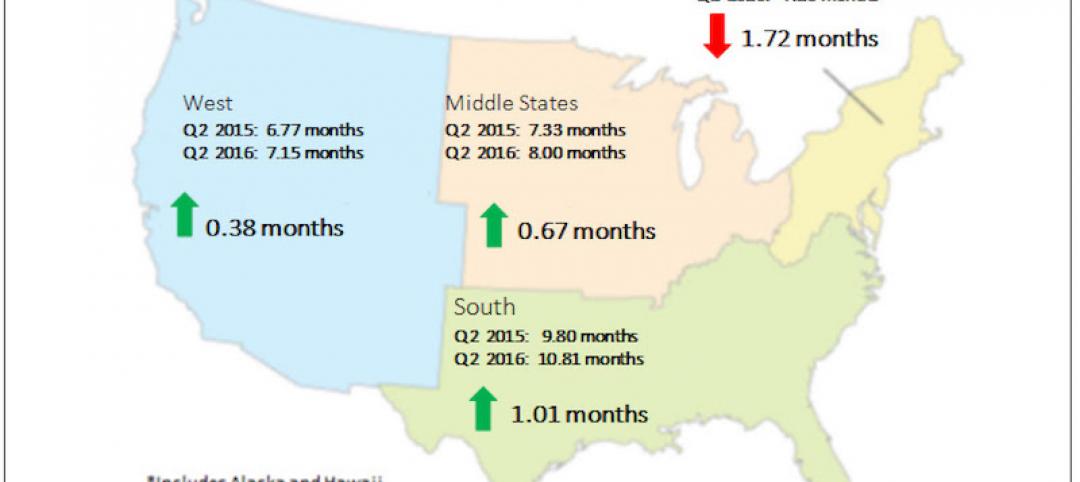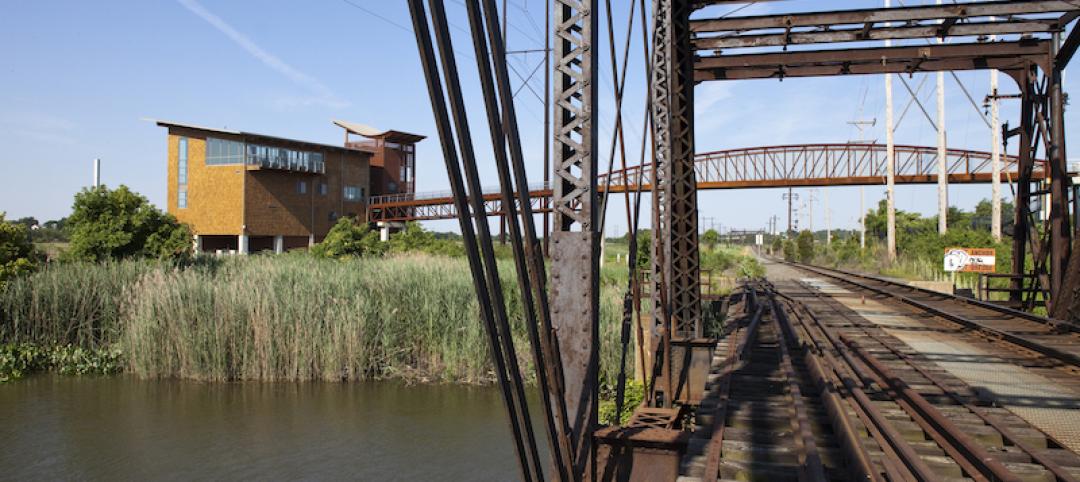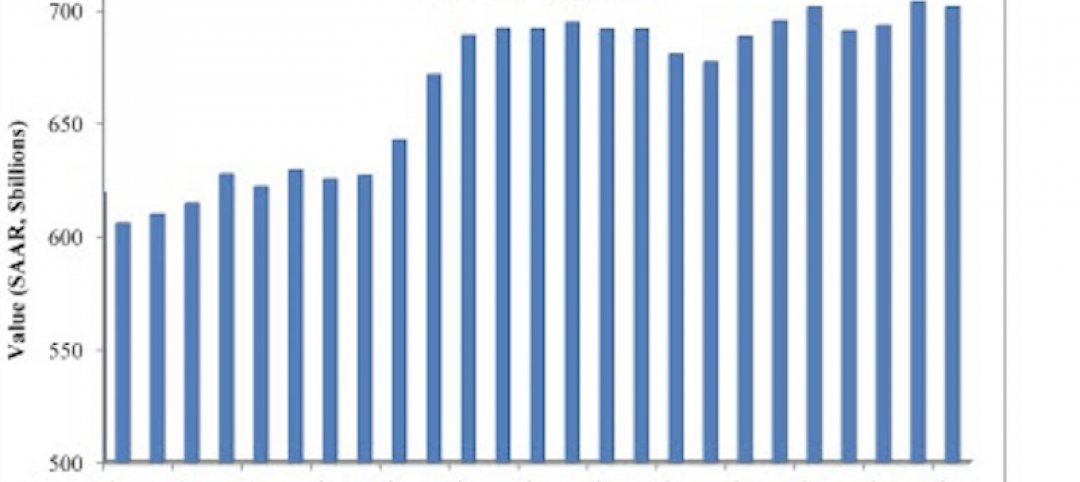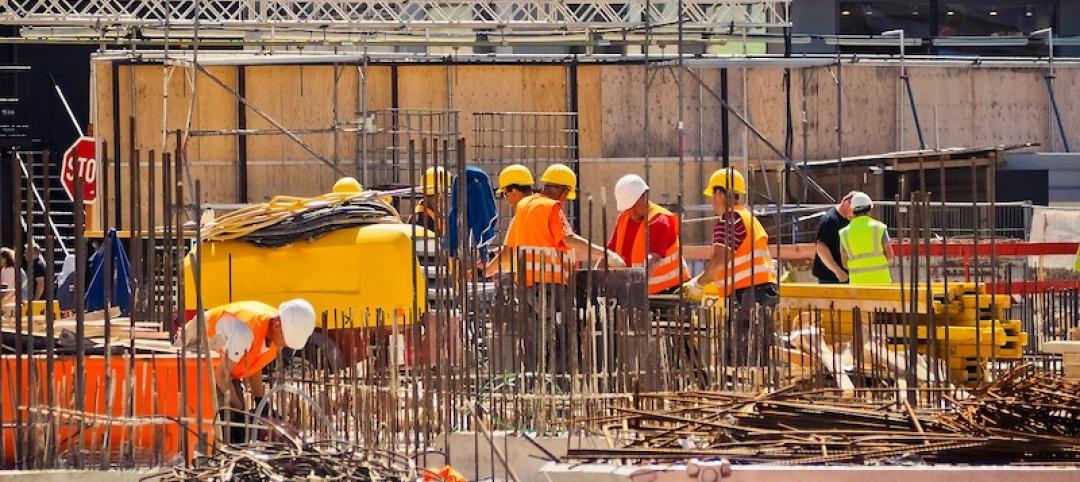The American Institute of Architects (AIA) is releasing updated contract documents today, including two key residential contracts and a complimentary Condominium Project Guide.
Revised residential contract documents address insurance requirements, post-occupancy site visits and maintenance requirements. The updated B109™-2020, Standard Form of Agreement Between Owner and Architect for a Multi-Family Residential or Mixed Use Residential Project now includes a new, optional limitation of liability. While incorporating the aspects of the new B109, the free Condominium Projects Guide includes model language pertaining to the homeowners association, the individual unit owners, by-laws, and purchase agreements.
“Although the B109 is designed for multi-family residential projects, it specifically includes a representation by the owner that the project will not include a residential condominium,” said AIA Contract Documents Manager and Counsel James R. Germano, Esq. “Parties wishing to convert the B109 for use on a residential condominium project will find the Condominium Projects Guide helpful.”
For residential development, the updated B107™-2020, Standard Form of Agreement Between Developer-Builder and Architect for Prototype(s) for a One or Two Single Family Residential Project with Limited Architectural Services incorporates updated language from the B101, Owner/Architect Agreement. The B107 is specifically designed to allow a developer-builder to hire an architect to design prototype houses, the design of which can be repeatedly used by the developer-builder. The architect is expected to develop the design of each prototype to a level minimally required to achieve a building permit. Meanwhile, the developer-builder is expected to be an entity who is knowledgeable about residential construction who can then take this “Permit Set” of drawings and complete the project.
AIA will provide a free webinar to learn more about the key residential documents’ updates from 1-2 p.m. EST, on Monday, Nov. 2. Registration is required.
Other new and revised documents being released are:
A305™-2020, Contractor’s Qualification Statement
The updated A305 allows contractors to express additional capabilities such as safety protocols and plans, sustainability services as well as BIM experience. A305 can also now be assembled in a modular fashion. Contractors can use it to provide general information about their company, sensitive financial and performance information, and information that pertains to a specific project.
Learn more
A313™-2020, Warranty Bond
The AIA worked closely with both the National Association of Surety Bond Producers (NASBP) and the Surety & Fidelity Association of America (SFAA) to develop the new warranty bond, which provides coverage for the contractor’s post-completion warranty obligations when a traditional performance bond may cease to provide coverage. This new bond is a useful tool to owners and contractors who wish to navigate the post-completion warranty obligation process more successfully, particularly on complex projects.
Learn more
B106™-2020, Standard Form of Agreement Between Owner and Architect for Pro Bono Services
The free pro bono agreement has been updated to include the 2017 core AIA document changes as well as clauses that help architects providing pro bono services mitigate the risk of such activities, including clauses that address indemnity and limitation of liability.
Learn more
AIA documents can be purchased with an unlimited-use annual license or as a single, customizable document. AIA contract documents are also available as single, non-editable documents and as paper versions through some AIA chapters. Visit aiacontracts.org for more information.
Related Stories
Market Data | Sep 22, 2016
Architecture Billings Index slips, overall outlook remains positive
Business conditions are slumping in the Northeast.
Market Data | Sep 20, 2016
Backlog skyrockets for largest firms during second quarter, but falls to 8.5 months overall
While a handful of commercial construction segments continue to be associated with expanding volumes, for the most part, the average contractor is no longer getting busier, says ABC Chief Economist Anirban Basu.
Designers | Sep 13, 2016
5 trends propelling a new era of food halls
Food halls have not only become an economical solution for restauranteurs and chefs experiencing skyrocketing retail prices and rents in large cities, but they also tap into our increased interest in gourmet locally sourced food, writes Gensler's Toshi Kasai.
Building Team | Sep 6, 2016
Letting your resource take center stage: A guide to thoughtful site selection for interpretive centers
Thoughtful site selection is never about one factor, but rather a confluence of several components that ultimately present trade-offs for the owner.
Market Data | Sep 2, 2016
Nonresidential spending inches lower in July while June data is upwardly revised to eight-year record
Nonresidential construction spending has been suppressed over the last year or so with the primary factor being the lack of momentum in public spending.
Industry Research | Sep 1, 2016
CannonDesign releases infographic to better help universities obtain more R&D funding
CannonDesign releases infographic to better help universities obtain more R&D funding.
Industry Research | Aug 25, 2016
Building bonds: The role of 'trusted advisor' is earned not acquired
A trusted advisor acts as a guiding partner over the full course of a professional relationship.
Multifamily Housing | Aug 17, 2016
A new research platform launches for a data-deprived multifamily sector
The list of leading developers, owners, and property managers that are funding the NMHC Research Foundation speaks to the information gap it hopes to fill.
Hotel Facilities | Aug 17, 2016
Hotel construction continues to flourish in major cities
But concerns about overbuilding persist.
Market Data | Aug 16, 2016
Leading economists predict construction industry growth through 2017
The Chief Economists for ABC, AIA, and NAHB all see the construction industry continuing to expand over the next year and a half.

















